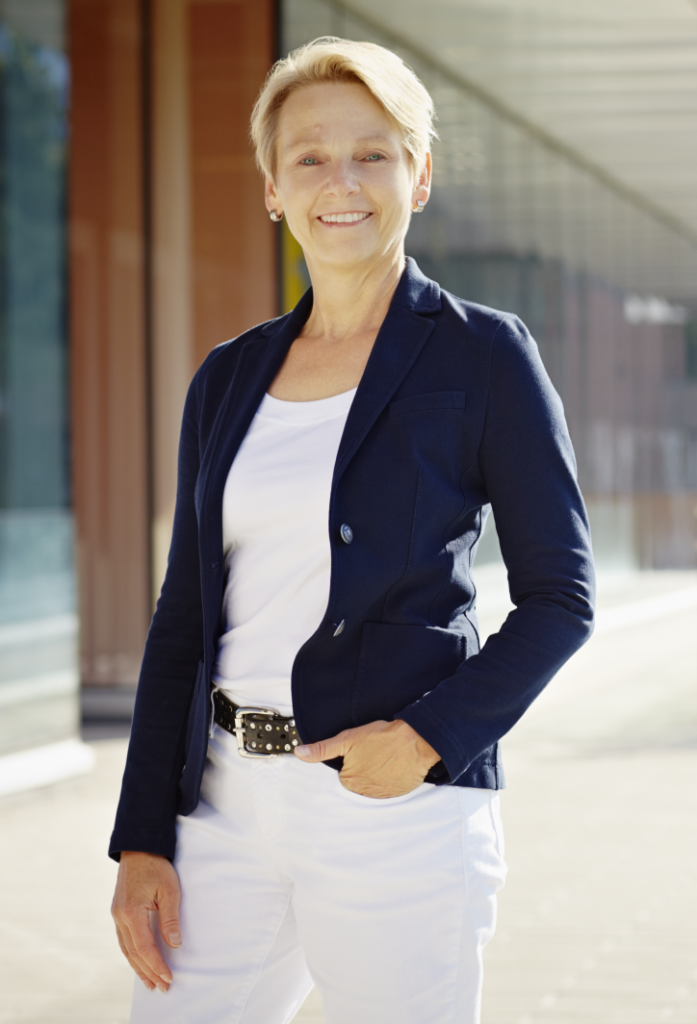Stunning architectural images of York University’s new Markham Campus (MC) emphasize what is new: a new campus and a new building. Inside this state-of-the-art campus building, the vibrant academic life will build upon York University’s foundational strengths and longstanding reputation for innovative academic programs and impactful research, scholarly and creative activity. MC also continues and expands on the University’s strong relationships with the City of Markham and York Region.
“Those building blocks have informed our decision to offer programs that prepare students for life and work in York Region, by focusing on themes of technology and entrepreneurship and how these are changing all fields of study, from the sciences to the arts and the professions,” says York University’s Provost and Vice-President Academic Lisa Philipps. “By pursuing these themes in credit and non-credit programming at all levels, we reflect the intersection between new academic directions and York Region’s economic and civic landscape.”

When the doors to MC open in 2023, undergraduate students will begin studies in computer science and digital technologies, creative technologies, financial technology, communications, sports management, or business with an emphasis on entrepreneurship and innovation. All these areas of specialization will also provide opportunities for students to learn from each other and collaborate across programs.
“Integration is also a key aspect of our MC planning, and this takes many shapes and forms,” says Philipps. “York Region industries, businesses and organizations have taken a keen interest in MC, and we are planning focused discussions so University colleagues and the York Region community can get to know each other better and begin the work of creating the experiential education and work-integrated learning opportunities we expect every student to have.” These conversations also include graduate programs in management, biotechnology, and public policy, administration and law, as well as offerings provided by York University’s School of Continuing Studies, adds Philipps, noting that all these subject areas address current and emerging areas of interest for the community.
Undergraduate student experience would not be complete without exploration and education beyond their areas of specialization. The University’s Markham Academic Program and Curriculum working group has just begun to turn its attention to the broader conversation of how elective courses will be offered and how Libraries and Student Services can contribute to student learning and development at MC. Led by the Faculty of Liberal Arts & Professional Studies, the School of the Arts, Media, Performance & Design, Lassonde School of Engineering, and the Faculty of Science, (all involved in offering undergraduate programs in Phase 1 of MC), this process will involve consultation across York University and opportunities to propose additional course offerings.
Students enrolled at MC will have access to courses at Keele and Glendon, however, the University is committed to ensuring that students can complete all their requirements on site if preferred.
“Online and hybrid models of course delivery will likely play a role in expanding access to an array of courses,” says Philipps “And we also anticipate that some of the MC offerings will appeal broadly to York students. Indeed, paying close attention to movement back and forth from MC, and connecting all our campuses virtually, will be invaluable for our ongoing planning both to improve the initial suite of programs and to add new ones.”
